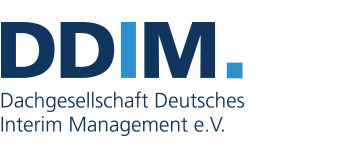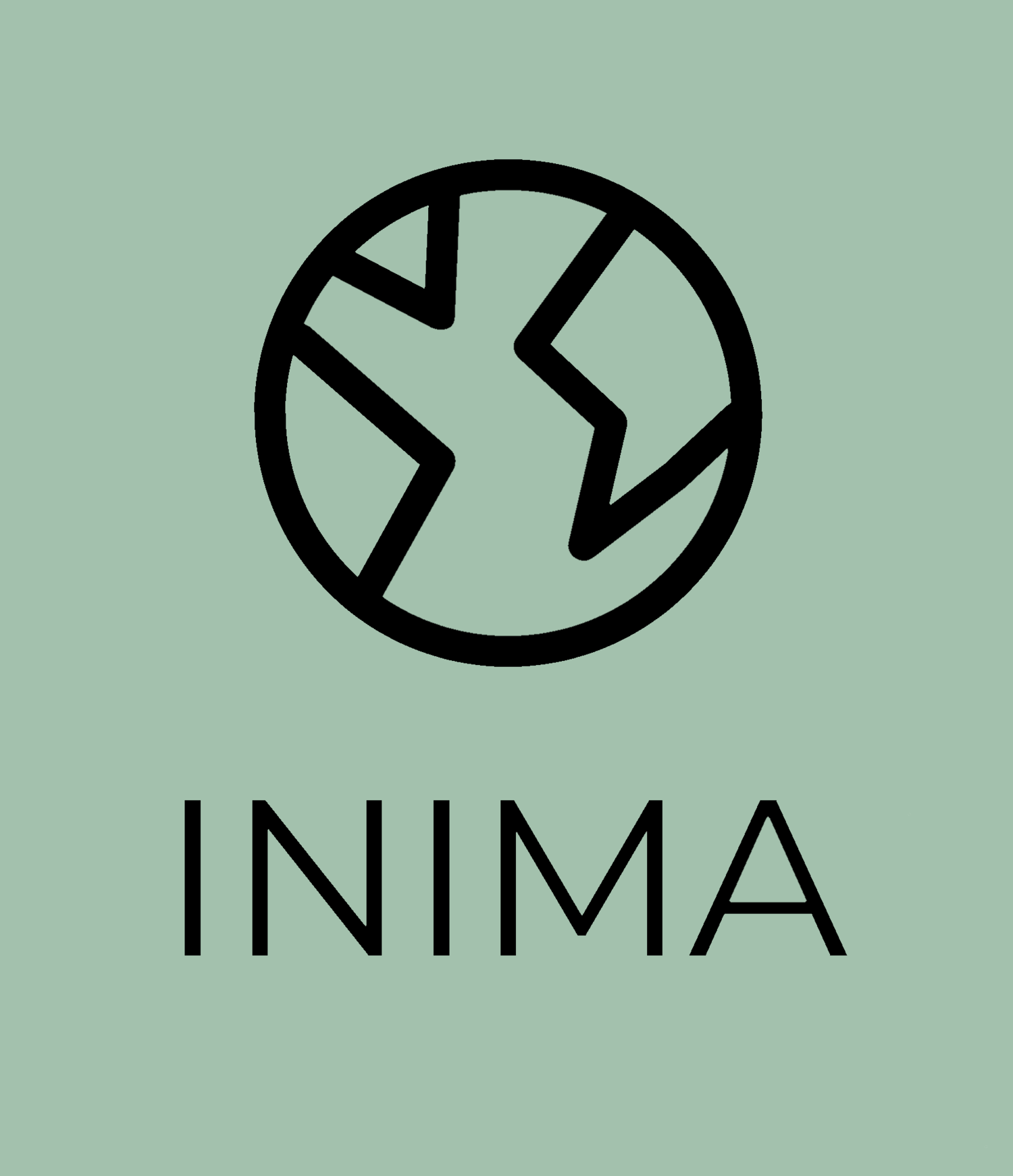The INIMA Report 2023
A market survey by the International Network of Interim Manager Associations (INIMA)
Overview
The first INIMA survey of European interim managers coincided in 2020 with the COVID pandemic and a market crisis, whilst 2021 showed positive signs of recovery.
The Positives
In 2022 interims reported a continued improvement in the average day rate (+90€/949€) and the utilization (+6%). Another positive sign was an increase (+6%) in the managers that started the year “on assignment”.
There was a reduction (-3%) in C-level assignments as interim managers shifted to project management or head of department roles. This role change was appreciated by the market as the day rate increased in 2022.
In the past two years Portugal and the Czech Republic joined INIMA, increasing the network to 11 European Countries and over 2500 members. This our third survey reported the opinions of 700 practising European interim managers.
Flexibility and resilience were discriminating factors of interim managers since the outbreak of COVID to the present day. They addressed a wide range of business issues to meet the evolving challenges of assignments. The primary issue was change management, followed by process optimization, project management, business development and general management
Resilience was shown by many interims who carried a personal financial burden of the lockdown and the resulting low utilization. Thankfully the utilization has increased (+13%) in the last two(2) years. Indeed, utilization increased to a degree in Germany, Austria and Switzerland that some interims reported difficulty in maintaining a satisfactory work-life balance.
A typical European Interim Manager in the survey was male. aged 56 years, with more than 8 years of experience as an interim professional. The 2021 Eurostat survey reported 35% of permanent management positions in Europe were occupied by women, whereas only 11% of the European Interim Managers were women in the INIMA survey, a decrease (-3%) with respect to the previous two years. France, Poland and Switzerland had the largest percentage of female interim managers (circa 20%).
The major clients for European interim managers were equipment and machinery manufacturers, automotive companies and the industrial sector. The interim markets mirrored the National Economies, managers in Northern Europe served large companies, whilst managers in Southern Europe served smaller companies.
Throughout Europe, the main sales channels remained the personal network(47%) and the Interim Providers(32%), the interim providers gained twelve(12%) points from last year. To facilitate the market INIMA launched a “zero cost” international interim candidate search channel for providers which shared opportunities with National associations in 2022.
The top 5 challenges forseen by interim managers in the next twelve(12) months were:
1. Sales Channel
Optimise self-acquisition activities and generate contracts without an interim provider
2. Day Rates
Obtain cost transparency from the provider (margin on the day rate)
3. Utilization
Maintain a satisfactory level of working days, and a satisfactory time between assignments
4. Client relationship
Address client uncertainties e.g collaborate with the client to prepare clear and measurable assignment objectives.
5. Work-life balance
Maintain a healthy work-life balance and secure a stable future
Again in this survey Interim managers thought “positively” towards interim management business development, even with the foreseeable difficulties of a turbulent economy.
INIMA aims to be an International Network of Interim Manager Associations as a non-profit organization whose partners share common principles, values and a code of conduct. INIMA supports cross border collaboration to advance the Interim Management profession and facilitate the exchange of knowledge between the members of the INIMA partner associations. INIMA shall encourage communication, and share experiences, best practices and competencies.
Folgen Sie uns jetzt auf LinkedIn!

